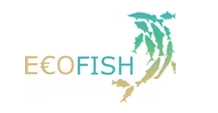Quick Access
24th COMESA SUMMIT: Click here
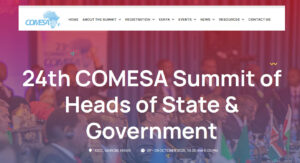
Latest News
Project Manager
To ensure a successful rollout and long-term sustainability, CCH requires a dedicated Project Manager to manage the end-to-end implementation and lead the operationalization of the system. This role is critical to ensuring[…]
Read moreRisk and Compliance Officer
Responsible for implementing fraud prevention controls and ensuring that the FRMS aligns with internal risk management policies, laws and regulations. The role focuses on identifying fraud risks, monitoring compliance with[…]
Read moreCustomer Relationship Officer
As Customer Relationship Officer, you will be responsible for managing and enhancing relationships with stakeholders, clients, and partners to ensure service excellence and mutual value creation. You will oversee client[…]
Read moreASCENT Week Held in Lusaka to Catalyze Regional Energy Transformation
Lusaka, Zambia – September 22, 2025 — The Common Market for Eastern and Southern Africa (COMESA), in partnership with the World Bank, convened the inaugural ASCENT Week 2025, a landmark[…]
Read moreOverview of COMESA
The history of COMESA began in December 1994 when it was formed to replace the Preferential Trade Area (PTA) which had existed from the earlier days of 1981. COMESA (as defined by its Treaty) was established…
LEARN MORE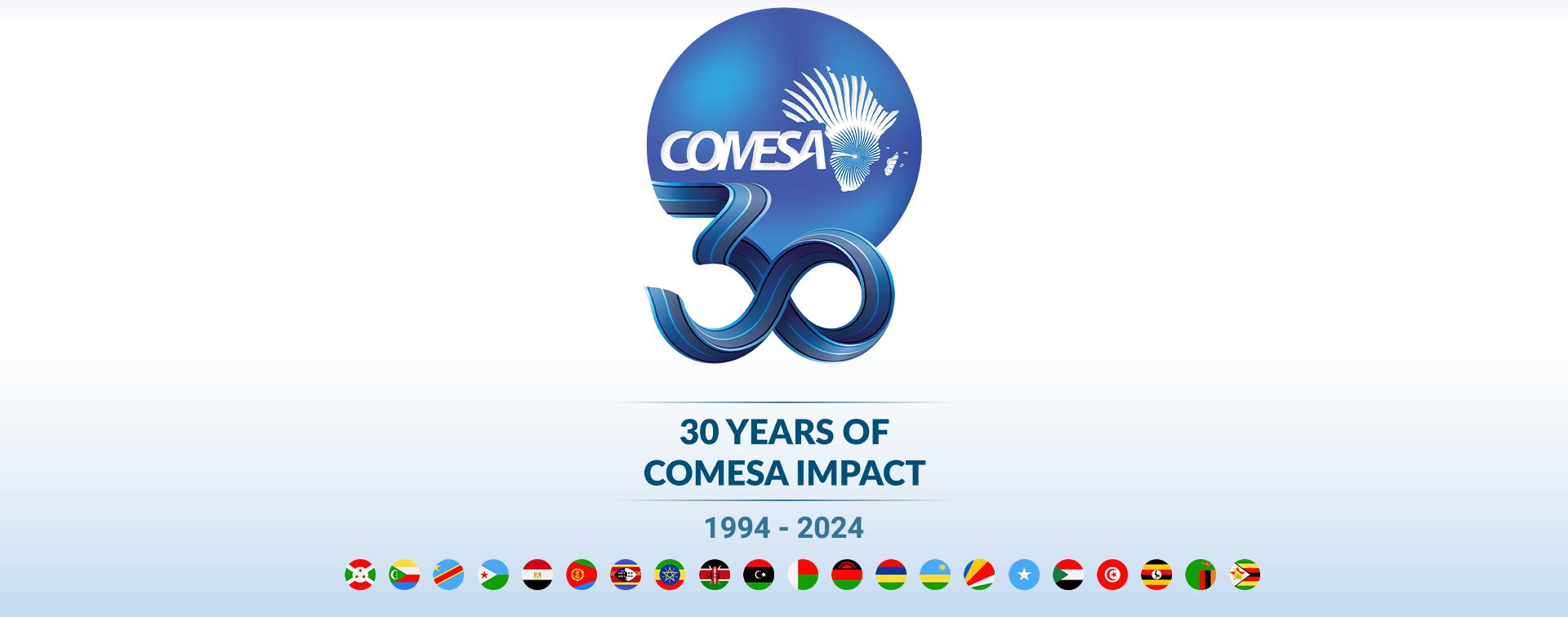
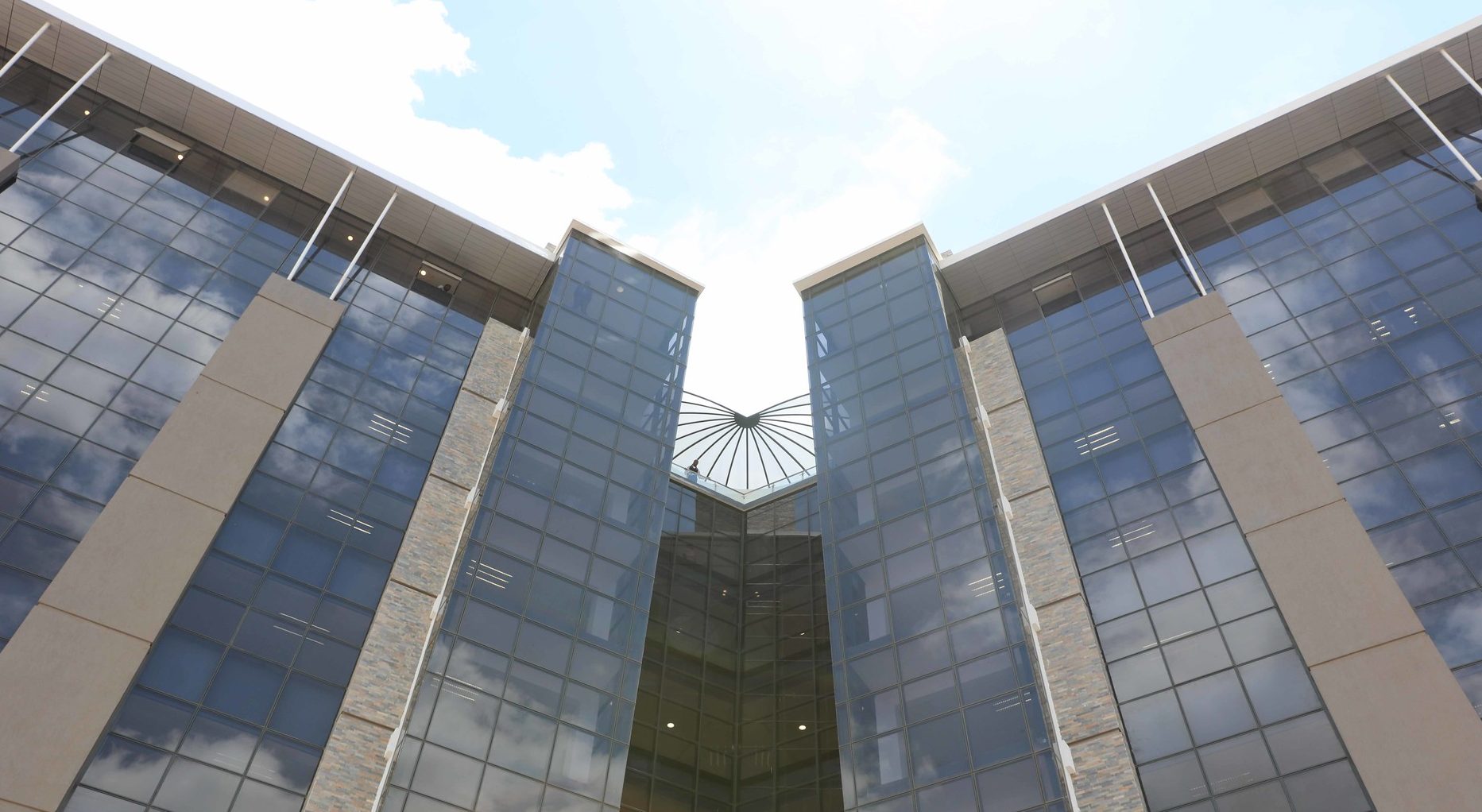
COMESA INSTITUTIONS
An integral component of the COMESA success narrative has been its institutions. These are needs-based and respond to very specific niches in the region. In addition to providing expertise in specific areas, the institutions are involved in skills development and extensive market research that allows them to link evidence to their decision-making processes. To support the integration program, COMESA has established financial institutions to provide not just the much needed credit (the Trade and Development Bank), but also to provide insurance for non-commercial risks (the African Trade Insurance Agency), re-insurance (ZEP-Re (PTA) Reinsurance Company) and to facilitate international payments (the Regional Payment and Settlement System), and to underpin competition in the region (the COMESA Competition Commission).
LEARN MOREOur Programmes
The Common Market for Eastern and Southern Africa (COMESA) comprises 21 African Member States that came together with the aim of promoting regional integration through trade and the development of natural and human resources for the mutual benefit of all people in the region.
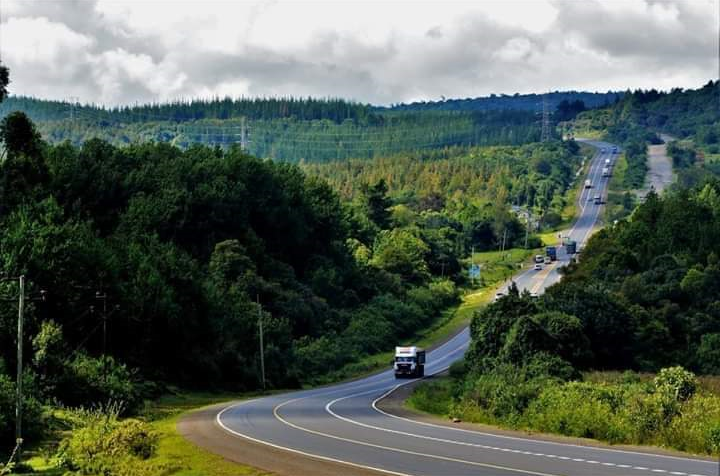
Infrastructure Development
COMESA has recognized infrastructure development as a priority and strategic focus area that requires…
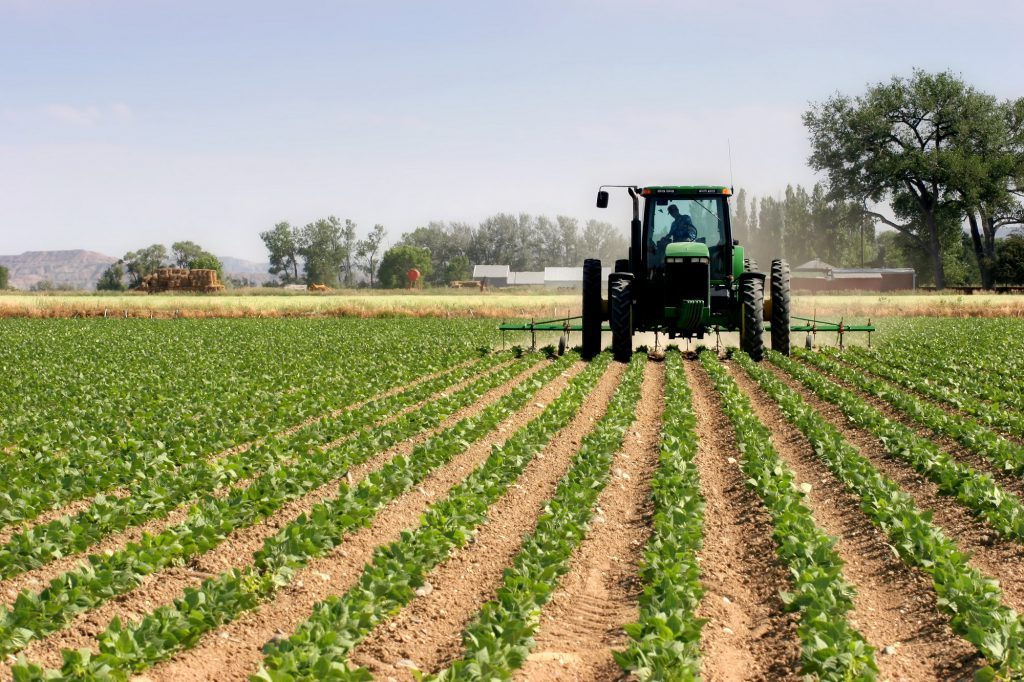
Agriculture, Industry & Private Sector Development
The Mandate of the Industry and Agriculture Division is to promote development of….
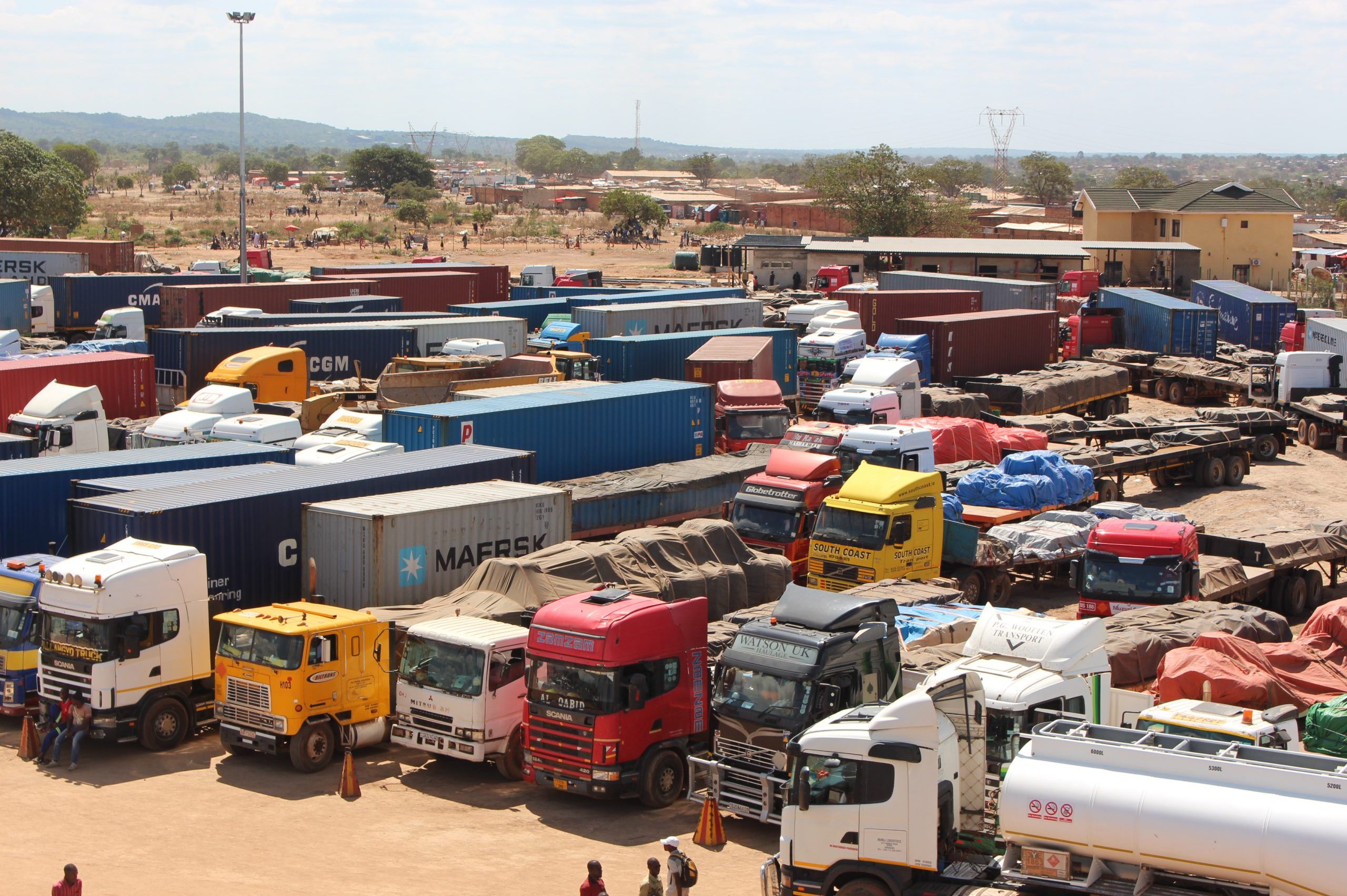
Trade & Customs Services
The main function of the division is to implement programmes to enhance cooperation in Trade…
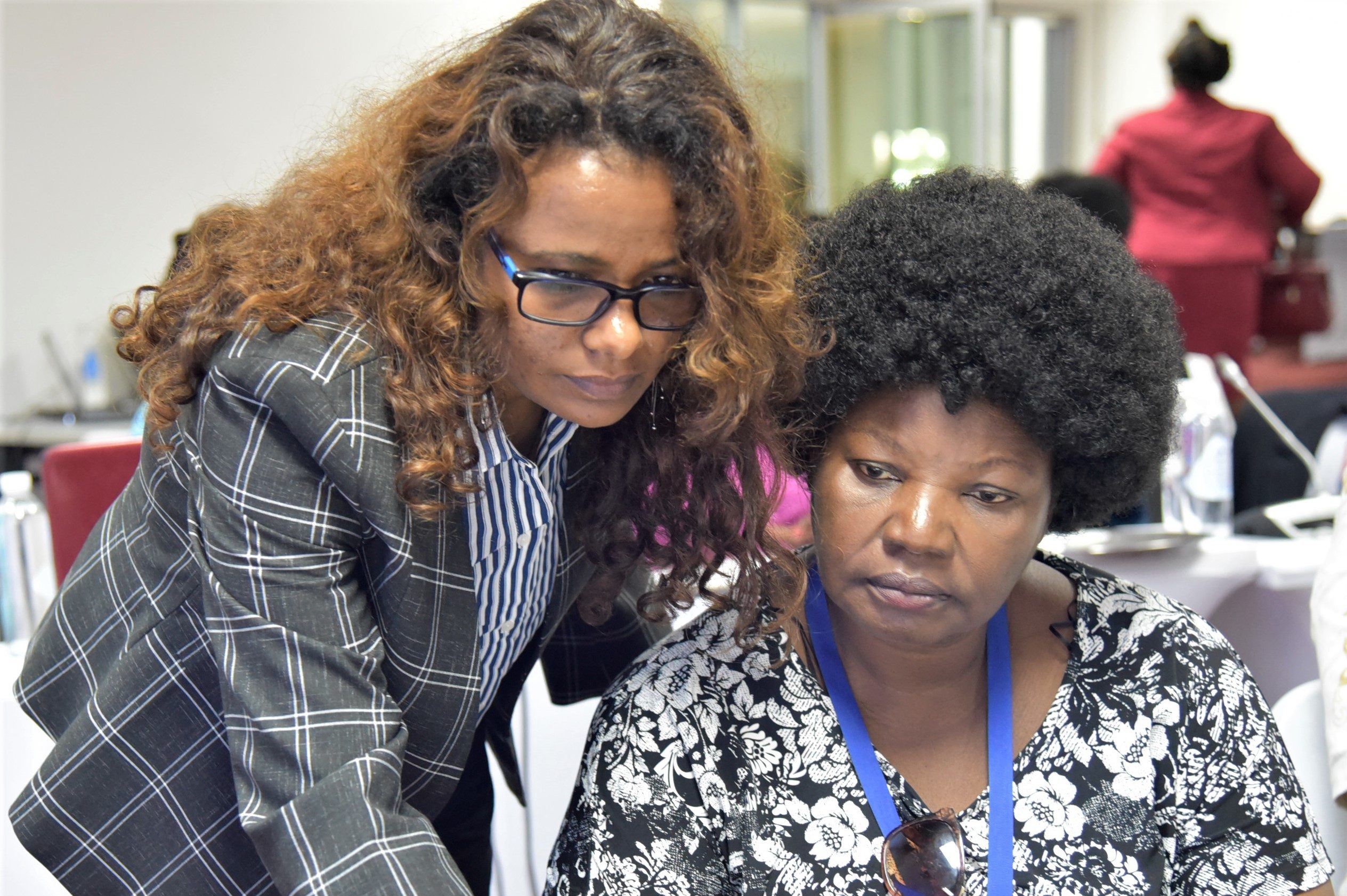
Gender & Social Affairs
The Gender and Social Affairs Division in the COMESA Secretariat exists to promote and provide leadership…..
COMESA, Briefly
A documentary on the key milestones and achievements in the COMESA regional integration agenda, focusing on four strategic pillars: market integration, physical connectivity, productive integration and gender and social integration.


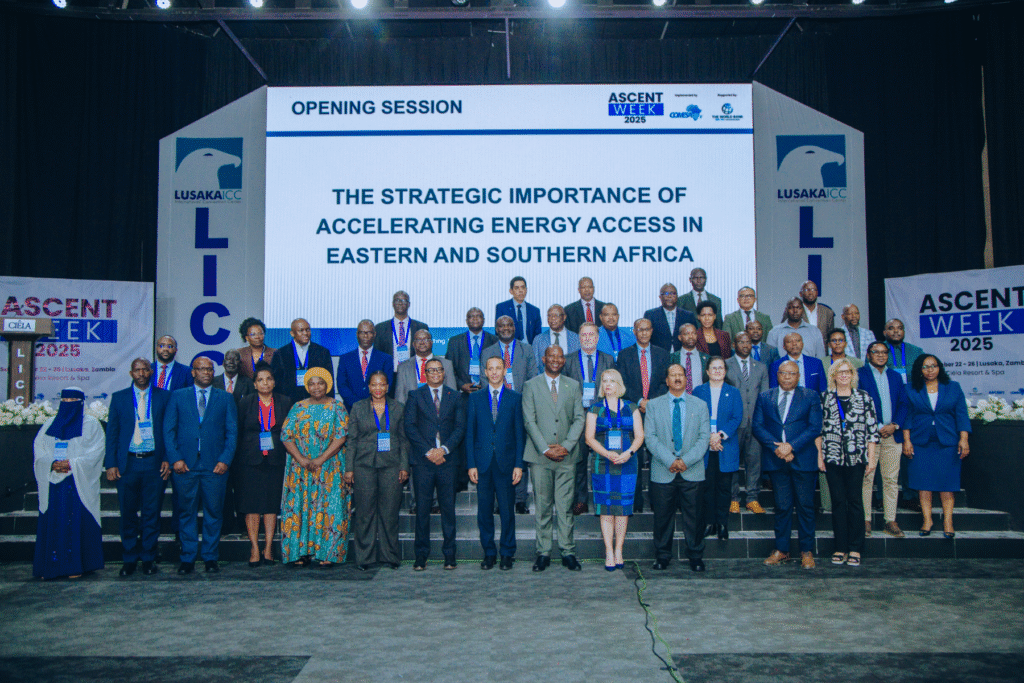
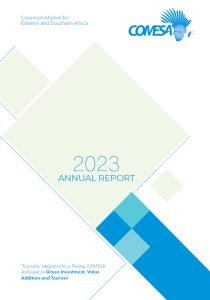 LATEST PUBLICATIONS
LATEST PUBLICATIONS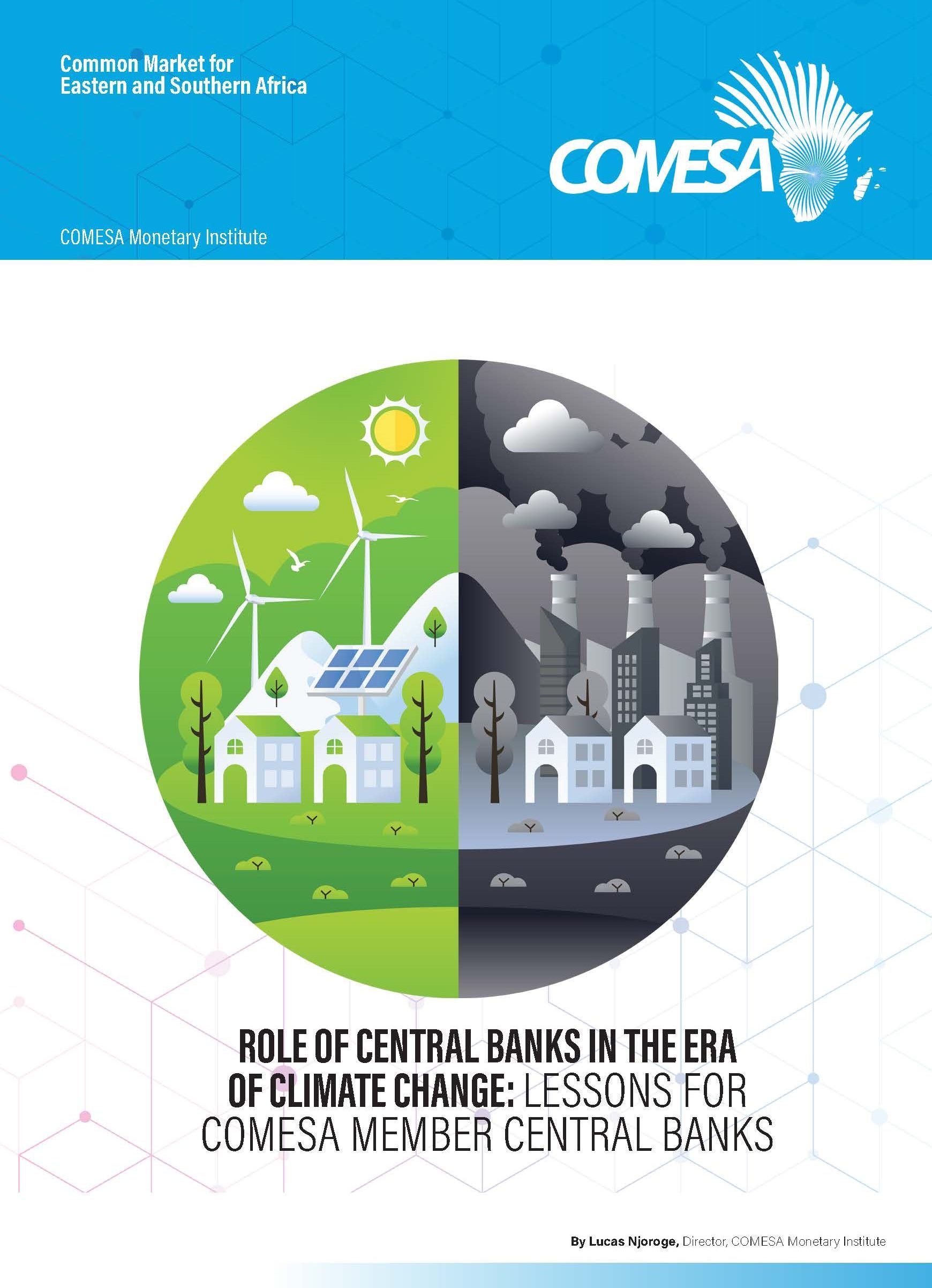
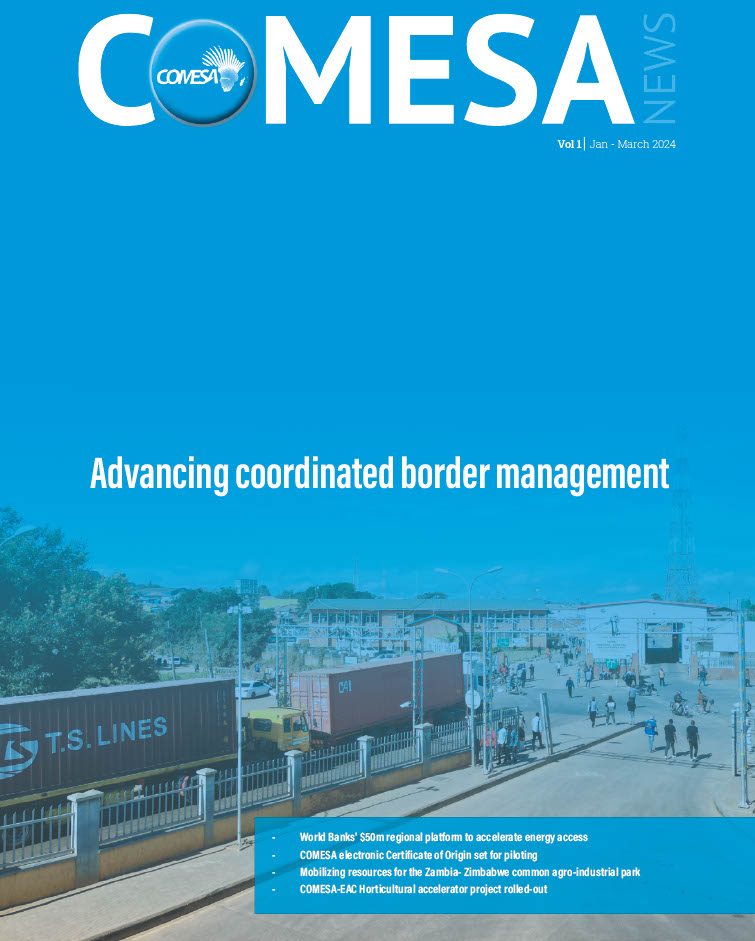
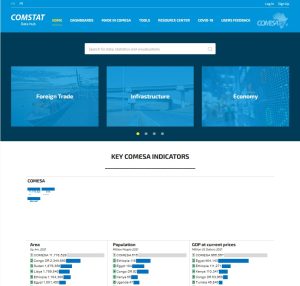 COMSTAT DATA HUB
COMSTAT DATA HUB




